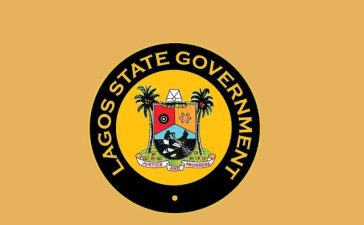The International Monetary Fund (IMF) has revised its economic growth forecasts for Nigeria and the Sub-Saharan African region, reflecting broader regional trends and global economic dynamics. In its July 2024 World Economic Outlook, the IMF downgraded Nigeria’s economic growth forecast for 2024 to 3.1 percent, a slight reduction from the previously anticipated 3.3 percent.
The adjustment follows weaker-than-expected growth in Nigeria’s Gross Domestic Product (GDP) during the first quarter of 2024. According to data from the National Bureau of Statistics (NBS), Nigeria’s GDP growth decreased to 2.98 percent in Q1’24, down from 3.46 percent in the fourth quarter of 2023. This underperformance prompted the IMF to revise its outlook for Nigeria’s economic growth.
Despite the downgrade for 2024, the IMF has maintained its forecast of 3.0 percent growth for Nigeria in 2025, indicating a more stable economic outlook for the subsequent year.
The IMF’s revised projections also extend to the broader Sub-Saharan African region. The forecast for economic growth in 2024 has been adjusted to 3.7 percent, down from the April forecast of 3.8 percent. However, the IMF has slightly increased its growth projection for the region in 2025, from 4.0 percent to 4.1 percent, suggesting optimism for long-term regional economic prospects.
Globally, the IMF has kept its growth forecasts steady, with the world economy expected to grow by 3.2 percent in 2024 and 3.3 percent in 2025. These stable projections reflect a balanced view of global economic conditions amidst various challenges and uncertainties.
The IMF’s adjustments highlight the interconnected nature of regional and global economies and underscore the importance of monitoring economic indicators closely. While Nigeria faces near-term challenges, the consistent outlook for 2025 points to potential stability and growth opportunities in the longer term.
This recalibration of forecasts serves as a crucial reminder of the dynamic economic environment and the need for responsive economic policies to navigate these changes effectively. As Nigeria and the Sub-Saharan African region adapt to these new projections, the emphasis will likely remain on fostering sustainable growth and resilience in the face of global economic shifts.







